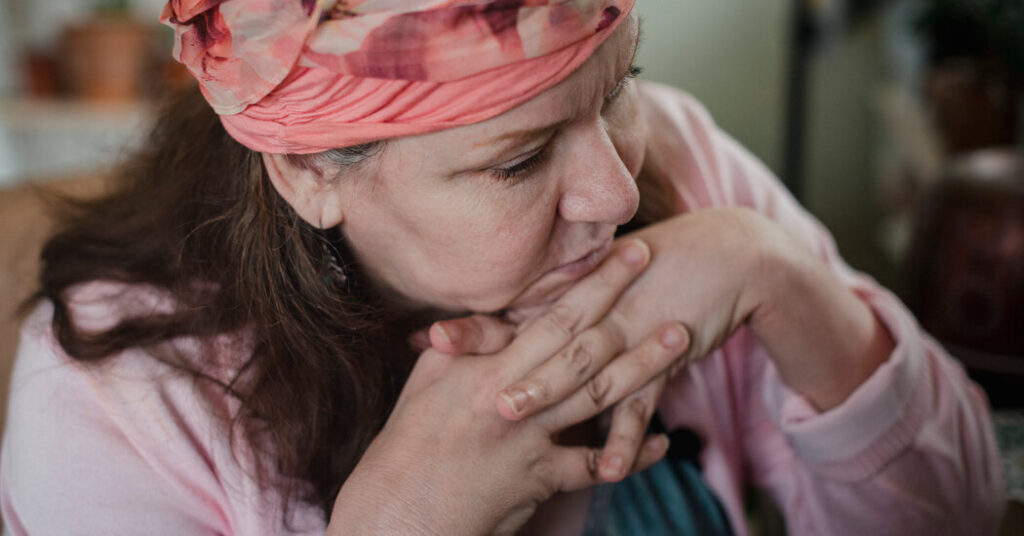The young woman’s voice trembled over the phone. Sitting in her car in Alabama, where abortion is almost totally banned, the 26-year-old mother of two was grappling with an unintended pregnancy.
“I’m like ‘How in the world?’” she said, stifling a sob. “I already have two children, and I cannot. I can’t. I just can’t go through with it.”
She wanted an abortion, she said, but was afraid of getting caught and didn’t know what to expect from the process. “Growing up, I never really thought about actually doing something like this,” she said.
On the other end of the line, at home on a quiet residential street in Delaware, Debra Lynch, a nurse practitioner who runs a service prescribing abortion pills, spoke calmly.
“It’s completely valid to be scared,” she said from her desk in a home office filled with plants and shelves of medication. “And that’s why we want you to call us, even if you’re calling just to say: ‘I’m scared. I need to hear somebody tell me that what’s going on right now is normal, and it’s OK.’”
During the 25-minute conversation, Ms. Lynch asked the woman about her health history and pregnancy and assessed that she was medically eligible for abortion medications that can be taken in the first 12 weeks of pregnancy: mifepristone, which blocks a hormone necessary for pregnancy development, and misoprostol, taken 24 to 48 hours later, which causes contractions so pregnancy tissue can be expelled.
